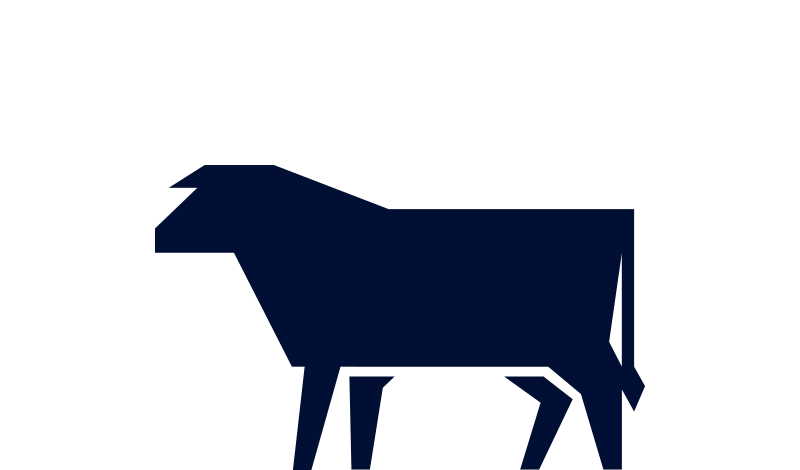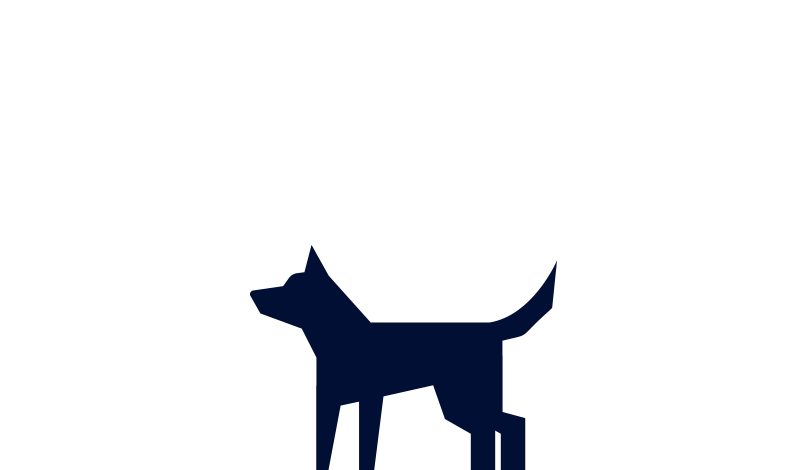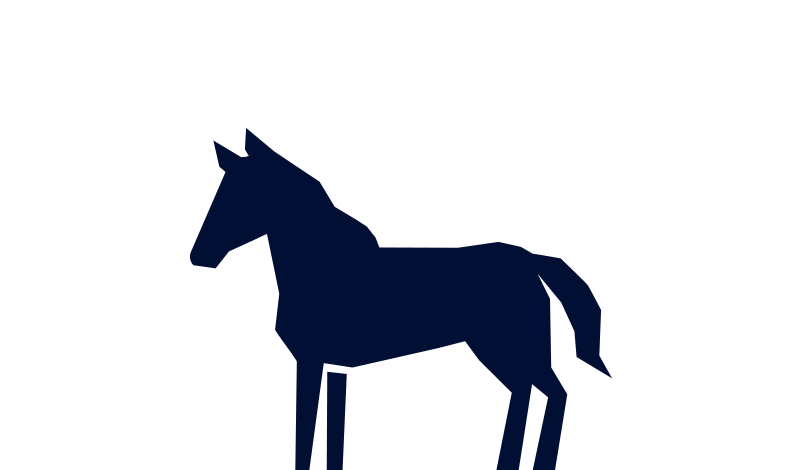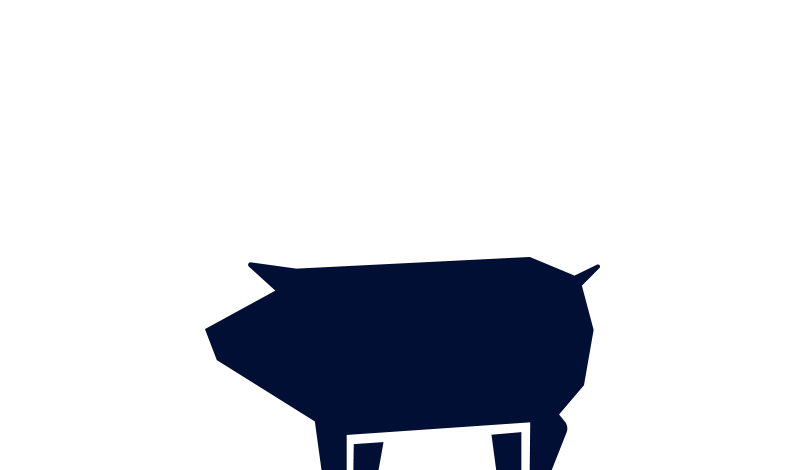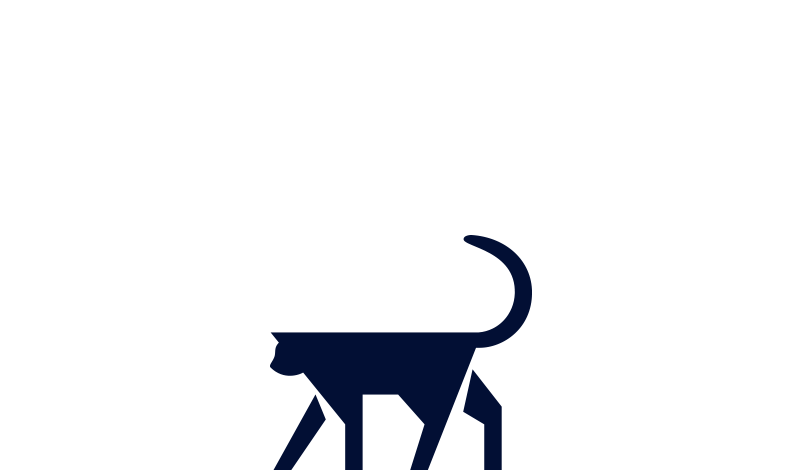Dairy

The ability of the rumen to digest feed is dictated by the rumen microbiome.
Rumen microorganisms transform components of feed into valuable energy for the cow. This energy is utilized by the cow for body maintenance, reproduction, milk production, and other important physiological processes. The dairy cow rumen microbiome is not only extremely diverse, but also highly dynamic in order to respond to the various ingredients included in dairy rations. The most productive and healthy cows have rumen microorganisms that digest feed more rapidly and effectively than other microorganisms.
Shären et al., 2018, Mu et al., 2018, Gleason et al., 2018, Xue et al., 2018, Honan et al., 2020



